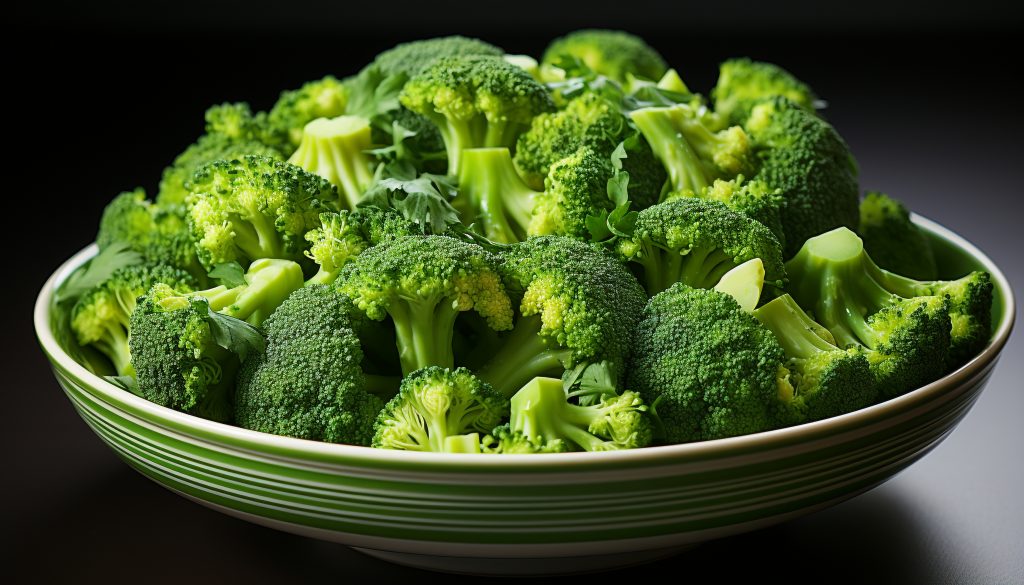Just a quick heads up—some of the links in this post are affiliate links. That means if you click through and make a purchase, I may earn a small commission (at no extra cost to you 🙌).
I only share products and services I truly believe are helpful and worth your time. Your support through these links helps keep this site running, and I’m so grateful for it! 💛
We all have those days when our stomach feels uncomfortably full or swollen, making us wonder if we’ve suddenly gained a few extra inches overnight. That tight, bloated feeling can be frustrating, especially when it seems to come out of nowhere.
Bloating can happen for many reasons—water retention, gas buildup, slow digestion, or even food intolerances. The good news?
There are simple ways to reduce bloating and prevent it from happening in the first place. If you often struggle with this, check out these six practical tips to help you feel lighter, more comfortable, and less bloated.
Tips to Avoid Bloating
1. Cut Back on White Bread, Processed Carbs, and Sugary Treats
It’s no secret that refined carbs like white bread, pastries, cookies, and cakes aren’t great for digestion. Many of these foods contain gluten, yeast, and added sugars, which can contribute to bloating and make you feel sluggish.
Yeast and gluten can slow down digestion, leading to gas buildup and that uncomfortable, swollen feeling in your stomach. Plus, cakes and sweets are packed with sugar, which not only leads to weight gain but also triggers inflammation in the body, which can worsen bloating.
What to do instead? Opt for whole grains like brown rice, quinoa, or whole wheat bread in moderation. These are easier on digestion and provide fiber to keep things moving smoothly in your gut.

2. Prioritize Sleep to Support Digestion and Prevent Constipation
Believe it or not, sleep plays a huge role in keeping bloating at bay. When you don’t get enough rest, your body produces more stress hormones, which can slow digestion and lead to constipation—one of the biggest culprits behind bloating.
Your digestive system works best when you have a consistent sleep schedule. Aim for at least 7-9 hours of quality sleep per night to allow your gut time to process food properly and keep everything running smoothly. If you find yourself waking up bloated, poor sleep might be a contributing factor!
Quick tip: Try to establish a relaxing bedtime routine—dim the lights, limit screen time, and avoid heavy meals before bed to help improve sleep quality.
3. Avoid Swallowing Excess Air (Yes, That’s a Thing!)
You might not realize it, but certain habits can cause you to swallow more air than normal, which leads to gas buildup and—you guessed it—bloating.
Some common air-swallowing culprits include:
- Chewing gum – Not only does it contain artificial sweeteners that can cause bloating, but it also causes you to swallow air repeatedly.
- Drinking through a straw – This forces you to gulp down more air, leading to trapped gas in your digestive system.
- Eating too quickly – When you eat fast, you don’t chew properly, and you swallow more air, making bloating worse.
What to do instead? Slow down when you eat, skip the gum, and drink straight from a glass instead of using a straw. Your stomach will thank you!
4. Stay Hydrated to Reduce Water Retention
It might sound contradictory, but drinking more water actually helps prevent bloating caused by water retention. When your body doesn’t get enough water, it holds onto excess fluids, leading to that puffy, swollen feeling.
Water helps:
- Flush out excess sodium, which can contribute to bloating.
- Keep digestion moving, preventing constipation.
- Regulate hormone levels, which can affect fluid retention.
A good goal is 8-10 glasses of water per day, but listen to your body—if you’re thirsty, drink up! Just avoid chugging large amounts right before bed unless you want to be up all night making trips to the bathroom.
5. Be Mindful of Gas-Producing Foods and Spices
Some foods are naturally more likely to cause bloating due to the way they break down in the digestive system. While they’re healthy, eating too much of them can leave you feeling uncomfortably full.
Here are some common offenders:
- Cruciferous vegetables like broccoli, cabbage, Brussels sprouts, and cauliflower – These contain raffinose, a type of sugar that can be hard to digest, leading to gas buildup.
- Beans and lentils – Packed with fiber and protein, but also notorious for causing bloating if your body isn’t used to them.
- Onions, garlic, and artificial sweeteners – These can ferment in the gut and cause gas production.
- Spicy foods and acidic condiments like black pepper, vinegar, and tomato sauce – These can irritate the stomach and lead to bloating or acid reflux.
What to do instead? Introduce these foods gradually into your diet rather than cutting them out completely. Your gut will adjust over time, and you’ll experience less bloating.

6. Eat Smaller, More Frequent Meals and Chew Slowly
Overeating—especially in one sitting—can overload your digestive system and cause bloating. Large meals take longer to break down, and when your stomach struggles to process food efficiently, gas can build up, making you feel uncomfortable.
Try this instead:
- Eat smaller portions spread throughout the day rather than three heavy meals.
- Chew your food thoroughly – digestion starts in the mouth, and chewing properly helps reduce bloating by making it easier for your stomach to process food.
- Listen to your body – stop eating when you feel comfortably full, rather than stuffed.
Many nutritionists recommend eating 5 smaller meals a day to keep digestion steady and energy levels balanced. Plus, it helps prevent mindless snacking on sweets, which can also contribute to bloating.
Final Thoughts: Listen to Your Body
Bloating is often a sign that your body is reacting to something—whether it’s food choices, stress, poor digestion, or a lack of sleep. If you frequently deal with bloating, take note of your habits and see which changes make a difference.
And remember—if bloating is persistent or painful, it’s always a good idea to check in with a doctor. Chronic bloating can sometimes be a sign of food intolerances, gut imbalances, or digestive issues that might need more attention.
By following these simple habits, you’ll not only feel lighter but also improve digestion and reduce discomfort. So, drink that water, chew slowly, and ditch the gum—you’ll be on your way to a happier, bloat-free belly in no time!




